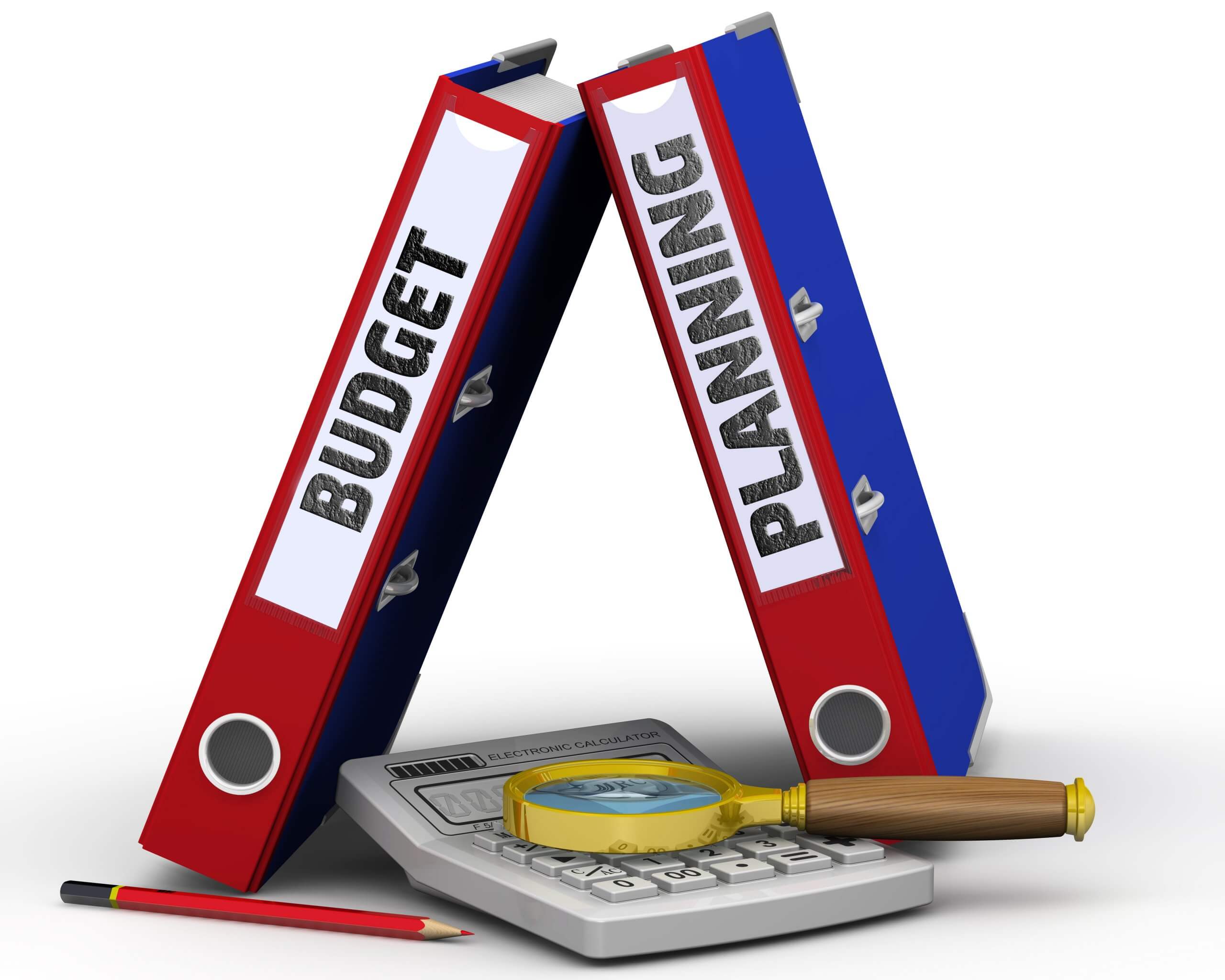A budget can be a challenge for new and small business owners. It is a critical part of any business, whether small or large. In the budget, plans on how much will be spent on each business operation, when to spend, and when to save are all laid out meticulously. New small business owners often make a few crucial mistakes while budgeting due to a lack of experience. These mistakes can be avoided by research and taking advice. Most importantly, when there is a budgeting mistake, it must be corrected appropriately.
It is important to identify all small or large expenses and insert them into the budget. If you fail to estimate all costs, you may be left with no money at the end of the month to pay for debts and other expenses.
 No Business Plan or Strategy
No Business Plan or Strategy
New small business owners often do not have experience with precise budgeting and running a business. They often make the budget without a strategy and solid business plan. Small and long-term financial plans are a crucial part of a budget. New small business owners are often excited to jump into their start-ups without a detailed business plan and goals. If you want success, you must plan for it.
Selling at Low Prices
Once a new small business owner enters the market, they are often enticed to sell their product or service at a lower price than their competitors. This strategy is adopted to attract customers, and it makes sense. But in theory, you are losing your money. Remember, the less the profit margin, the more the loss. Sometimes, they decrease the operating expenses for producing low-quality products to compensate for this loss. But remember that the customer is not likely to purchase it if it is of poor quality. Again, you are at a loss.
Under-pricing cannot be a solution to enhance sales.
Spending More Than the Projected Budget
The initial few years of a start-up are very crucial for business success. The mistake often seen is that new small business owners start overspending when revenues start receiving. The most common budgeting mistake is that they overspend on advertising. A common assumption about advertising is that it will immediately enhance sales. At least a quarter is needed to see the impact of advertising on sales. Overestimation of revenue leads to a glaring budget deficit.
Our budget is unhealthy when we do not track our expenditures by bookkeeping or any accounting software. When we do not identify what we have spent, we cannot determine when we have reached our limit. Once we track our spending, we can start following our budget as planned.
Underestimating Uncle Sam
Every business must pay a heavy amount to the government through taxes. There is no getting around that one. If you underestimate the taxes you are liable to pay, it will drastically affect your budget.
When making your budget, sit with your last year’s bookkeeping record to know the details of all transactions. Your bookkeeper will tell you the exact amount of taxes you paid last year. Considering this data, estimate the precise taxes you will owe for this year.
Many business owners often underestimate taxes, which leads to budget failure. Overestimation of taxes is much better than underestimation.
Loss of Revenue Due to Mismanagement
A small business owner has a busy schedule, no doubt. They have a long list of things they need to accomplish each day. Unfortunately, many fail to manage and organize their business cycle optimally. This disorganization can lead to extra expenses and a lower profit margin.
Your cash flow is an indicator of a healthy business. It should be considered if your cash flow is poor and you have many pending payments. Poor cash flow indicates that money coming in payments and profits is less than money going out. Money going out is in operating costs, marketing, and advertising campaigns.
Conclusion
Budgeting mistakes can be avoided by following the plans mentioned above. A proper budget is critical to business success, and proper planning is key to a solid budget.
 About Complete Controller® – America’s Bookkeeping Experts Complete Controller is the Nation’s Leader in virtual bookkeeping, providing service to businesses and households alike. Utilizing Complete Controller’s technology, clients gain access to a cloud platform where their QuickBooks™️ file, critical financial documents, and back-office tools are hosted in an efficient SSO environment. Complete Controller’s team of certified US-based accounting professionals provide bookkeeping, record storage, performance reporting, and controller services including training, cash-flow management, budgeting and forecasting, process and controls advisement, and bill-pay. With flat-rate service plans, Complete Controller is the most cost-effective expert accounting solution for business, family-office, trusts, and households of any size or complexity.
About Complete Controller® – America’s Bookkeeping Experts Complete Controller is the Nation’s Leader in virtual bookkeeping, providing service to businesses and households alike. Utilizing Complete Controller’s technology, clients gain access to a cloud platform where their QuickBooks™️ file, critical financial documents, and back-office tools are hosted in an efficient SSO environment. Complete Controller’s team of certified US-based accounting professionals provide bookkeeping, record storage, performance reporting, and controller services including training, cash-flow management, budgeting and forecasting, process and controls advisement, and bill-pay. With flat-rate service plans, Complete Controller is the most cost-effective expert accounting solution for business, family-office, trusts, and households of any size or complexity.



